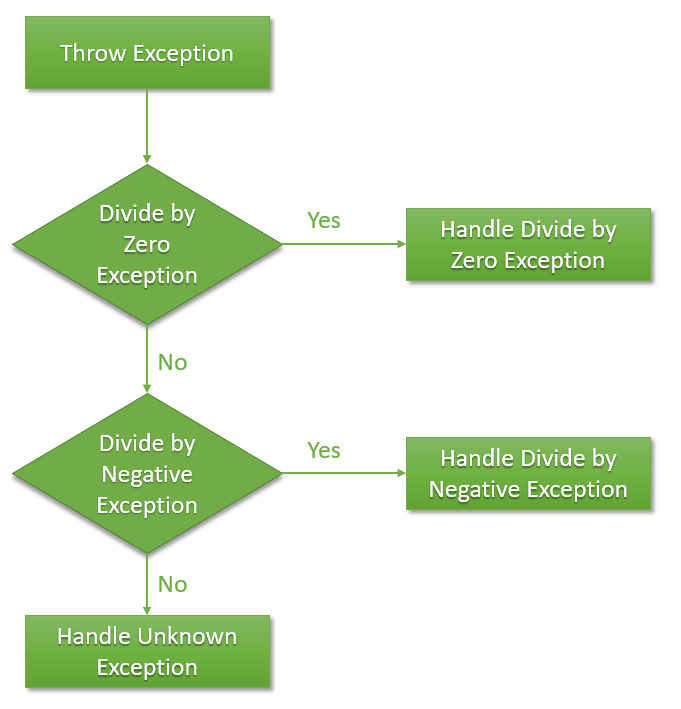


In order to illustrate what's going on, let's look at a couple of examples. A typical defer statement in Go looks like this: file, _ := os.Open("file.go") // For read access.Ī defer in Go places the executing of the statement at the end of the call-stack for a given function. Whenever cleanup needs to be done regardless of the outcome of a particular piece of code, the defer keyword can help us out. 2023 Haxe Foundation Contribute to this page. An exception can be throw n, and caught (' catch ed') within PHP. Other languages, like Go, have special language features to deal with this. PHP target catches and rethrows all exceptions in the inner try/catch. PHP has an exception model similar to that of other programming languages. This bugs the living hell out of me, and I want it to be nicer. Here we already have two places where cleanup needs to be happen. We'll want to read and convert the first line of a file to uppercase after which we return it: $handle = fopen($location, 'r+') What happens when things go wrong? Or things get more complicated? Well, then cleanup can become messy. However, development isn't only about the happy-path. If we were to convert that into a step by step plan it would look something like this: Typical file operations look like this: $handle = fopen($location, 'r+') As the name suggests, an opened file handle needs to be closed. A file resource can be seen as a reference through which you can interact with the given file. The returned value is more commonly referred to as "file handle" or "stream". But as this is PHP, you dont have to catch them. The fopen function allows you to obtain a file pointer resource. With PHPCR being ported from Java, there is a lot of Exceptions defined. PHP provides an alternate way of dealing with files, using resources. It is best to only catch specific exception types, and let the. Catching the base exception type and swallowing it is a bad practice in any language, PHP or otherwise. But the example you give has less problems with do/while and more with swallowing exceptions in the try/catch block. Functions like file_put_contents and file_get_contents are great, but not suited for every occasion. There is no reason to avoid mixing try/catch with do/while.
#Php try catch stream code
In the catch block, you specify the exception name and the code to handle a specific exception. The HttpClient component is a low-level HTTP client with support for both PHP stream wrappers and cURL. If an exception occurs, the execution jumps to the catch block. In the try block, you do some tasks e.g.,reading a file. Prior to PHP 8. When operating on files in high-traffic environments, or when dealing with large files, you'll want to steer clear of loading an entire file into memory. In this syntax, the try.catch statement has two blocks: try and catch. PHP 8.0 and later allows to use try/catch blocks where the catch () statement does not catch the exception itself to a variable. This is horrible, let's explore an alternative.Ī typical scenario which requires cleanup is the use of file resources. When things go pear-shaped you might end up duplicating cleanup code throughout your code. A programmer's life isn't all about the happy path. For example, closing file handlers after using them needs to be done. Cleaning up after yourself can be a tedious task.


 0 kommentar(er)
0 kommentar(er)
